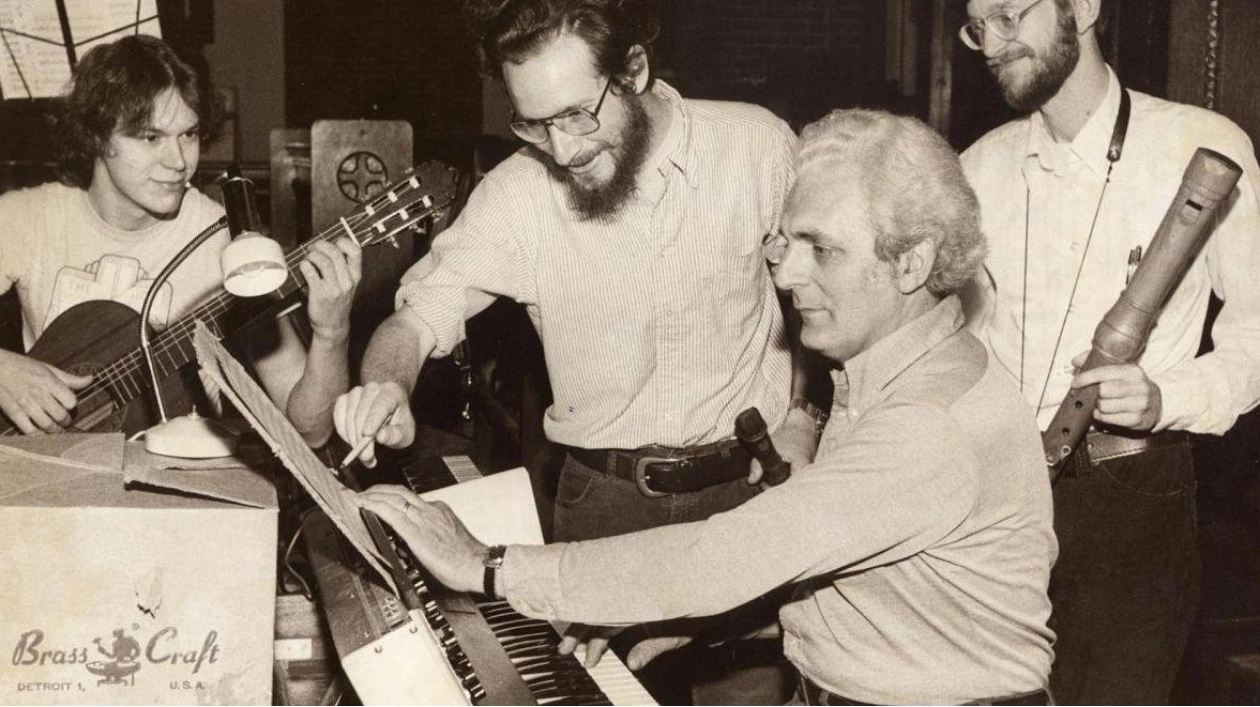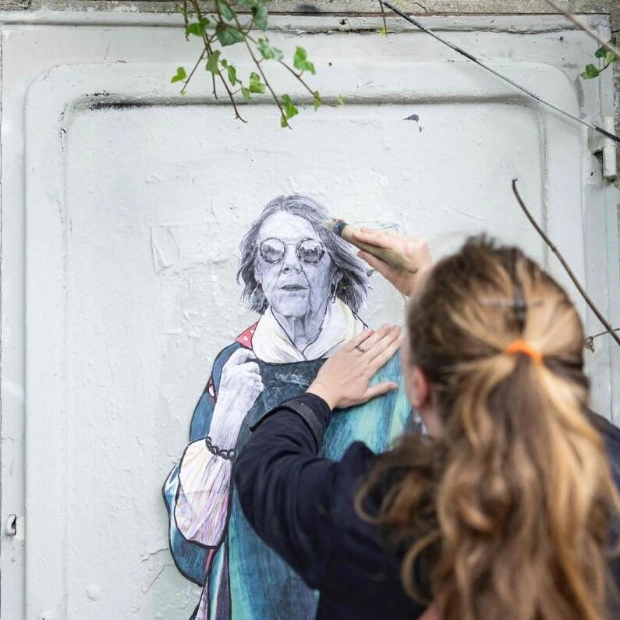The Moog Synthesizer, one of the first modular voltage-controlled oscillators and amplifiers, was created by Robert Moog. In simpler terms, Moog's invention was the first to enable people to fully create and manipulate electronic music. The initial prototype featured two voltage-controlled oscillators and a voltage-controlled amplifier. The first oscillator allowed users to alter the pitch of a sound via voltage, which could then be modulated by the second oscillator to produce effects like tremolo.
This year marks the 60th anniversary of the first Moog Synthesizer. While electronic sound synthesizers already existed, they were enormous, often taking up entire rooms. A fan of the theremin, a touchless electronic instrument from the 1920s, Moog experimented with adding amplifiers to the synth's oscillators, creating a more portable version. Although the original Moog Synthesizer cost $10,000 in 1964 (equivalent to about $100,000 today), it was significantly more affordable than its competitors, which would have cost millions in today's money.
The first customer was British-American composer Eric Siday, who commissioned Moog to build the synthesizer and requested a keyboard addition. Other composers soon followed, asking for additional filter features, leading to new sounds like the 'wah-wah' effect. As more classical composers embraced Moog's synths, notable works began to emerge. Paul Beaver and Mort Garson's album 'The Zodiac: Cosmic Sounds' inspired many experimental musicians, and Wendy Carlos's 'Switched-On Bach' in 1968 won three Grammy Awards and became the first classical album to go platinum.
In pop music, The Doors were among the first to use the Moog Synthesizer, notably in their 1967 song 'Strange Days'. The Beatles, The Monkees, The Grateful Dead, and The Rolling Stones also adopted the Moog, as did jazz musicians like Herbie Hancock and Sun Ra. By the 1970s, Moog released the Minimoog, a more portable version that became a hit, selling in the thousands and paving the way for other products like the Vocoder and Polymoog. Donna Summer's 'I Feel Love' was a significant commercial success for Moog in the 70s.
Despite facing competition from digital synths in the 80s, Moog's company declared bankruptcy in 1987. However, by 2002, nostalgia for Moog's synths led to a revival, and the company continues to produce new models, including the Spectravox, Labyrinth, and Muse released this year.






